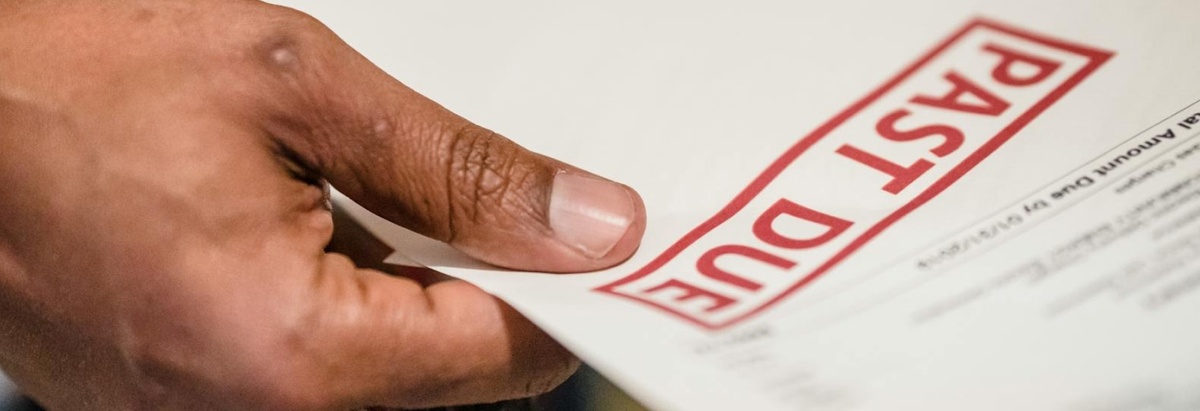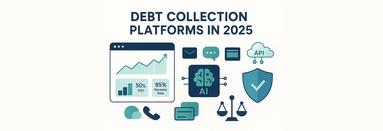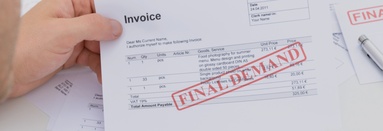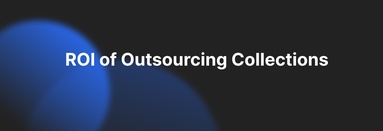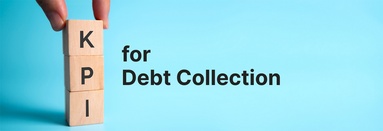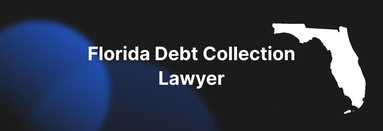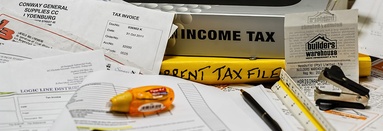Understanding Debt Collections
What is Debt Collection?
Debt collection involves recovering unpaid debts from individuals or businesses on behalf of a creditor. It’s a structured process that often requires the assistance of a debt collection agency or debt collector. While it may seem straightforward, the process demands compliance with fair debt collection practices and a thorough understanding of both federal and state laws.
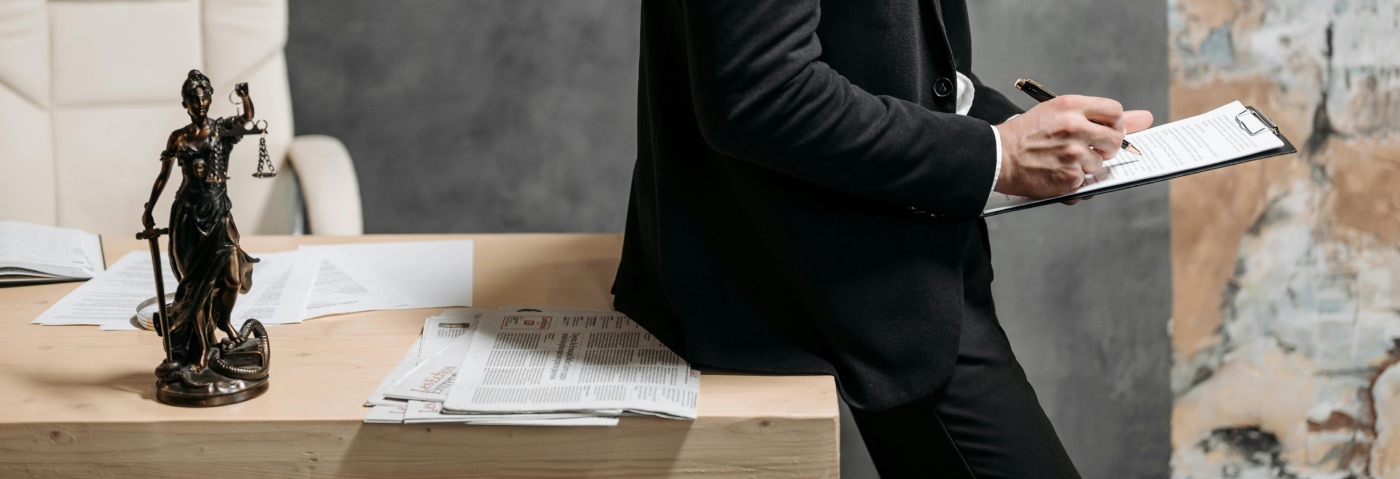
Types of Debt That Can Go to Collections
Businesses can send various types of unpaid debts to collections, including:
- Credit Card Debt: Balances owed by customers or clients using credit cards. These debts often arise from purchases or services rendered where payments were not made on time. Businesses must provide documentation such as receipts or agreements to validate the debt.
- Medical Debt: Outstanding medical bills for services rendered. These can include hospital stays, outpatient procedures, or specialist services. Medical providers are advised to maintain clear records of treatments and payment agreements before pursuing collections.
- Unpaid Loans: Personal or business loans left unpaid beyond agreed terms. This includes loans for equipment, real estate, or operational expenses. Creditors should ensure the original loan agreement and payment history are available to substantiate claims.
- Overdue Bills: Unsettled utility, service, or product invoices. Examples include unpaid electricity, internet, or supplier bills. Businesses should first attempt direct negotiations with the debtor to resolve these balances.
- Unpaid Taxes: Tax obligations owed by individuals or companies. These can involve state, federal, or local taxes that remain unpaid after filing. Taxing authorities often impose penalties, making it vital to act quickly to recover these funds.
- Commercial Debts: Amounts owed by other businesses for goods or services. These debts might stem from wholesale transactions, service contracts, or partnerships. Clear documentation, such as invoices and delivery confirmations, is crucial to support the claim.

Preparing for Debt Collections
Steps to Take Before Sending Debt to Collections
Before escalating to a debt collection agency, follow these steps to ensure the process is effective and legally sound:
- Verify the Debt: Ensure the amount owed is accurate and well-documented. This includes checking for errors in invoices, interest calculations, or fees.
- Communicate Clearly: Send a series of reminders, including phone calls, emails, and letters. Each reminder should escalate in tone while remaining professional.
- Offer a Payment Plan or Settlement: Provide the debtor with options to pay in installments or negotiate a reduced settlement amount.
- Send a Demand Letter: As a final warning, send a written notice via certified mail with a return receipt. This letter should outline the total amount owed, due dates, and consequences for non-payment.
- Comply with Fair Debt Collection Practices: Familiarize yourself with federal laws, such as the Fair Debt Collection Practices Act (FDCPA), and state-specific regulations.

Working with a Collection Agency
How to Hire a Reputable Collection Agency
When choosing a debt collection agency, consider the following actions:
- Research and Compare: Evaluate agencies based on their success rates, fees, and customer service.
- Check Reviews and Ratings: Look for negative reviews or complaints that might indicate unprofessional behavior.
- Verify Licensing and Certification: Confirm the agency is licensed in your state and adheres to industry standards, such as those outlined by the Commercial Law League.
- Ensure Compliance: Verify the agency’s adherence to fair debt collection practices and legal obligations.

What to Expect from a Collection Agency
Once hired, a debt collection agency will:
- Contact the Debtor: Agencies use phone calls, emails, or letters to notify the debtor of their obligations.
- Report to Credit Bureaus: Agencies may inform credit bureaus about unpaid debts, impacting the debtor’s credit report and scores.
- Negotiate Payment Plans: Offer the debtor alternative repayment methods, such as installment plans or reduced settlements.
- Provide Updates: Keep you informed with regular progress reports on collection efforts.
The Debt Collections Process
How Debt Collectors Work
Debt collectors employ various tactics to recover money owed:
- Initial Contact: They initiate contact within five days of receiving the file to provide a validation notice of the debt.
- Negotiation: Attempt to arrange payment plans or settlements that satisfy both parties.
- Reporting: Notify credit bureaus to reflect the unpaid debt on the debtor’s credit report.
- Legal Action: If necessary, pursue court judgments to garnish wages or seize assets.
How Long Do Collections Stay on Your Credit Report?
Unpaid debts can affect a debtor’s credit score for up to seven years. Paid collections may also remain for this duration, though some credit scoring models reduce their impact over time.
Avoiding Debt Collections
Strategies for Avoiding Debt Collections
Preventing debts from reaching the collection stage is ideal. Consider these practices:
- Make Timely Payments: Set up automated reminders or payment systems.
- Communicate Early: Address payment issues promptly by reaching out to clients or customers.
- Offer Payment Plans: Flexible payment arrangements can prevent escalation.
- Seek Legal Counsel: Consult a lawyer to resolve disputes amicably.
- Explore Credit Counseling: Recommend debt management services to struggling clients.
Legal Considerations
Lawsuits and Garnishment
In extreme cases, debt collectors may pursue legal action. This could involve:
- Court Judgments: Obtaining a ruling that enforces payment.
- Garnishments: Securing funds directly from wages or bank accounts.
- Asset Seizure: Collecting property to settle outstanding debts.
Federal and State Laws
Debt collectors must operate within the bounds of federal laws, such as the FDCPA, and adhere to state-specific regulations. Businesses should stay informed about their debt collection rights and obligations.
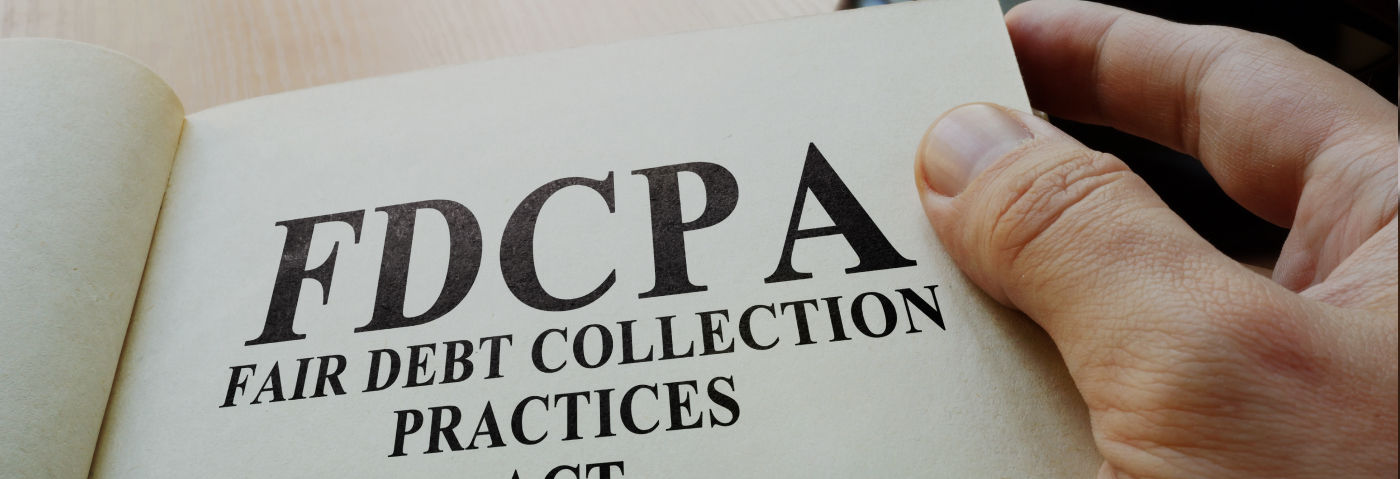
Best Practices for Debt Collections
Following Fair Debt Collection Practices
To maintain compliance and professionalism:
- Identify Clearly: Debt collectors must disclose their identity and provide validation information.
- Avoid Harassment: Refrain from threats or repeated calls.
- Stay Truthful: Do not mislead debtors about the amount owed or potential consequences.
- Abide by Reporting Laws: Follow rules for reporting debts to credit bureaus.
Effective Debt Collection Strategies
- Hire a Reputable Agency: Ensure the agency aligns with your business values.
- Communicate Proactively: Keep all parties informed and cooperative.
- Offer Flexible Options: Negotiate payment plans or settlements to increase the likelihood of recovery.
- Seek Legal Advice: In complex cases, involve a lawyer to avoid errors.
How Retrievables Can Help
Retrievables is a trusted platform connecting businesses with skilled collections attorneys and agencies to address unpaid debts. By partnering with Retrievables, you benefit from:
- Expertise: Access to experienced collections attorneys who leverage advanced legal and technological strategies tailored to your industry and debt type.
- Compliance: Strict adherence to fair debt collection practices and local legal requirements.
- Customized Solutions: Personalized debt recovery plans designed to maximize collections while maintaining positive relationships with clients and customers.
Conclusion
Sending debt to collections is often a last resort for businesses, but it can be an essential tool for recovering money owed. By understanding the collections process, preparing thoroughly, and partnering with a reputable collection agency, you can minimize financial losses while maintaining professionalism. Remember, proactive communication and adherence to legal standards are key to successful debt recovery.
